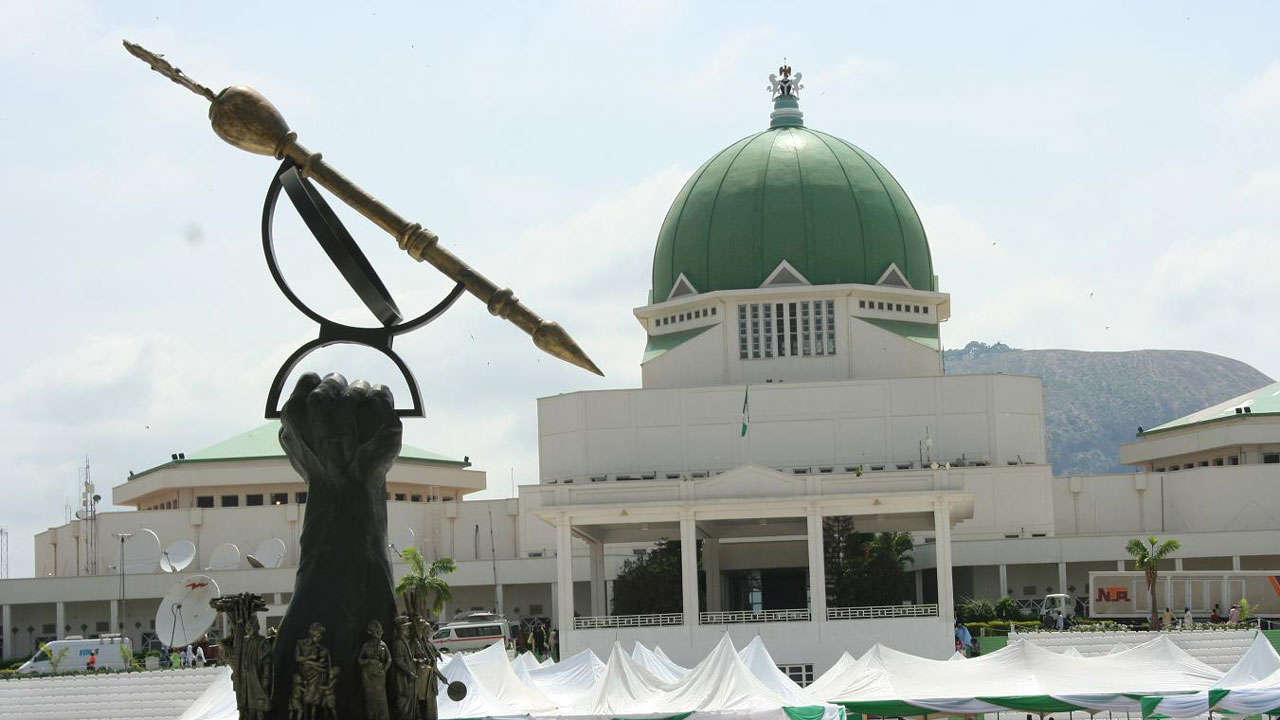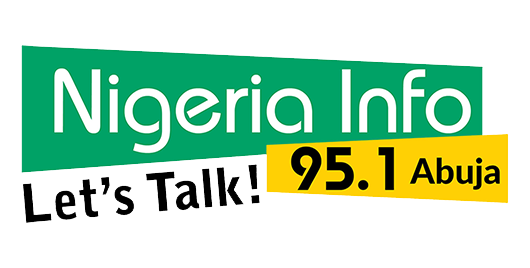
Nigeria’s next general elections could take place in November 2026, six months earlier than usual, under a new proposal by the National Assembly to overhaul the country’s electoral laws.
The proposal is contained in the Electoral Act (Amendment) Bill 2025, unveiled on Monday during a joint public hearing by the Senate and House of Representatives Committees on Electoral Matters in Abuja.
The bill seeks to repeal the 2022 Electoral Act and replace it with a new Electoral Act 2025, featuring sweeping changes designed to improve transparency, litigation timelines, and voter participation.
According to the draft amendment, “Elections into the office of the President and Governor of a State shall be held not later than 185 days before the expiration of the term of office of the last holder of the office.”
Lawmakers said the proposed shift aims to ensure that all election-related litigations are concluded before the May 29, 2027 handover date.
“The above provisions are to ensure that all litigations are concluded before swearing in,” the document stated.
However, some lawmakers expressed concerns that the change alone may not suffice unless the judiciary is strengthened to handle the volume of election disputes.
“In a situation where a rerun is ordered by the Supreme Court at the end of 185 days, can we have a vacancy in the office of the President?” the joint committee asked, urging reforms to improve judicial capacity.
If approved, the amendment means Nigeria’s presidential and governorship elections would hold in November 2026, roughly six months before the end of the current administration’s tenure.
Key Highlights of the Bill
1. Voting Reforms
The bill introduces inmate voting, early diaspora voting, the use of NIN for voter registration, and compulsory electronic transmission of results.
2. PVC No Longer Compulsory
In a major shift, the bill proposes that the Permanent Voter Card (PVC) will no longer be mandatory.
According to the draft, “BVAS does not recognise the microchip in the PVC,” hence every registered voter will be able to “download and print their voter’s card whenever the need arises.”
Lawmakers said the move would help eliminate PVC trading and make the verification process fully digital.
3. Candidate Submission Rules
Political parties will be required to submit their list of candidates at least 210 days before election day. Only candidates who emerged from valid primaries will be accepted.
The amendment also allows “any other candidate of any other party” to challenge the nomination process of rival parties, while limiting pre-election cases to the jurisdiction where the dispute arose or the Federal High Court in Abuja.
4. Constitutional Adjustment
To give these reforms legal backing, the legislature is pushing a constitutional amendment to transfer the power to set election timelines from the 1999 Constitution to the Electoral Act, allowing for more flexibility in future adjustments.
During the session, the Senate President and Speaker of the House of Representatives both represented, promised transparency and accountability in reviewing the bill.
Once passed by both chambers, the Electoral Act (Amendment) Bill 2025 will be forwarded to President Bola Tinubu for assent. If signed into law, the Independent National Electoral Commission (INEC) will revise its timetable, setting Nigeria on course for its earliest general elections in recent history.


